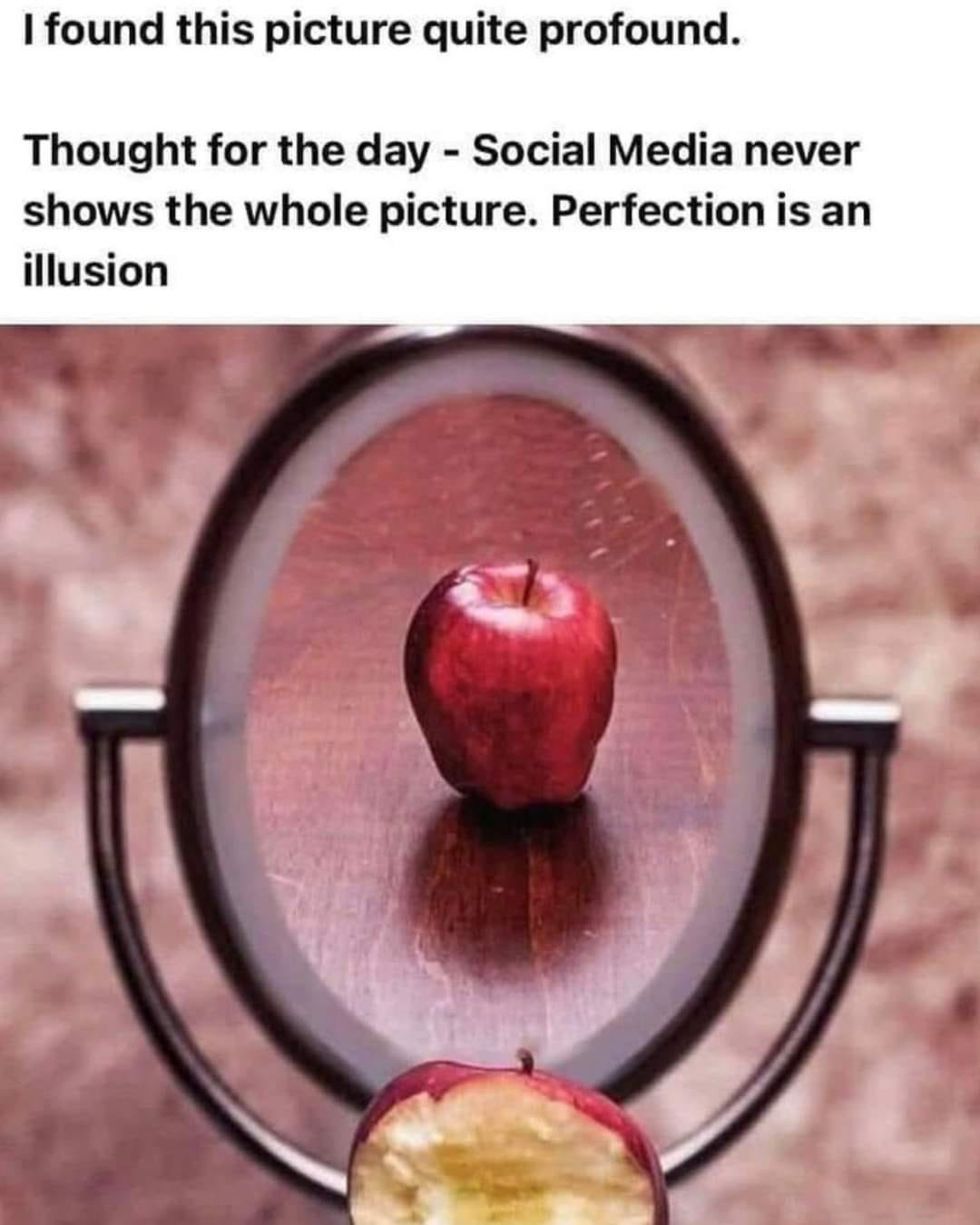The Social Media Dilemma
Or, Do We Really Need All This?
Sometime way back in 1973 or so, a woman named Tabitha King happened to take three crumpled sheets of typewriter paper out of the wastebasket, brushed the cigarette ashes off them, and read what was written there. When her husband, Stephen, came home from work later that day, she held them out to him and told him he had something there.
That’s how the novel Carrie was saved from oblivion. Stephen King had started it but didn’t like it, didn’t think he could write from a woman’s point of view and, besides, it was developing too slowly. It wouldn’t work for the markets he was selling in at that point: the men’s magazines. They made him much-needed extra money, so why waste time on something he didn’t like and probably couldn’t sell anyway?
But Tabitha convinced him to continue because she wanted to read the rest of the story.
Thirty publishers rejected the novel, but finally, Doubleday Publishing picked it up, with a $2,500 advance. For a man making a bit over $6,000 a year, that was huge.
But Carrie only sold around 13,000 copies. Not enough to keep money coming into his bank account. So he started another novel.
But then Bill Thompson, the editor who had bought the novel, called and told King that the paperback rights had sold to Signet for $400,000… and that $200,000 of that was his for the taking.
Two hundred grand.
King was home alone, and it was a Sunday. He walked to downtown Bangor and bought Tabitha a gift to celebrate: a hairdryer, the only thing he could find in the only place open, a drugstore.
I love this story. Regardless of your opinion of him—and mine has certainly changed over the years, but that’s outside the scope of this post—Stephen King is one of the most famous authors to hit the scene. He was JK Rowling long before she put pen to paper and wrote about a kid named Harry Potter. He rocketed to fame in the seventies, and he continues to sell like crazy today. There have been film adaptations of most of his works, and I doubt he’s had much in the way of financial worries since he got the news of the sale of Carrie to Signet.
That was some fifty years ago. There was no Facebook. No TikTok. No X formerly known as Twitter. No Reddit.
The closest thing to social media then was if you happened to have phone service on a party line (if you’re not sure what I’m talking about, look it up. Fun times).
And yet King, and countless other authors, made it in the publishing world. And they didn’t self-pub to do it. They made it past the gatekeepers and onto the spinner racks (if you don’t know what they are, see above note).
All that has changed. No longer will publishers foot the bill to market your material, assuming you can get a publisher to even buy your material if you don’t already have a big name. Marketing is on you now. Unless you’re someone like Stephen King or Michael Connelly, forget ads of any kind, anywhere. Publishers want strong new contenders, but they’re afraid to take the chance on them. Kinda like Hollywood with new intellectual properties.
I’m old enough to strongly dislike this model. I’m not a fan of social media. Most of them are toxic pits where folks can hide behind keyboards and insult others who disagree with them. It’s not debate, which is healthy; it’s heated, hateful argument, which achieves nothing. Well, nothing positive, anyway.
And we writers are supposed to put our works, or at least posts about our works, in this cesspool of hate and discontent. We’re supposed to expose our darlings that we’ve worked on—or at least should have worked on—for months at the least, to a segment of the population that forms instant opinions and apparently loves nothing more in life than to tear other people down in the nastiest way they can come up with.
It’s not conducive to a creative atmosphere. In fact, it’s debilitating. Yet I’m expected to spend at least as much time dithering around on this crap as I am at actually writing, and that’s the part that’s never made sense to me.
The prevailing thought is that readers want to know the writers they’re reading these days. But, if I’m supposed to exhibit myself on social media all the time, how can I write anything for someone to read?
This was not the future I dreamed of way back in my teens when I was reading science fiction and fantasizing about flying cars and spaceships taking me to distant worlds.
I can remember watching Miami Vice back in the eighties and marveling at the phone Sonny Crockett had in his car. How cool was that? I had no idea what it would lead to. In fact, back then, I doubted I’d ever have either a car phone or a computer. I saw no practical use for either one. Now, they keep me on the edge of being overwhelmed because I hate being connected 24/7. Especially when scrolling Facebook gives you the same rush you get from a slot machine.
Yet here I am on Substack, publishing a post in hopes more and more folks will find me and read my (nonpaying) writing and gravitate to the stuff that’ll make me money. Not because I want to be a rich author, but because I want to be able to quit my day job and create the kinds of worlds I love reading about.
So, despite my distaste, I’ll stay on this journey and try to restrict my doomscrolling a bit more each day. Wanna come on the ride with me?
Happy reading,
Gil


